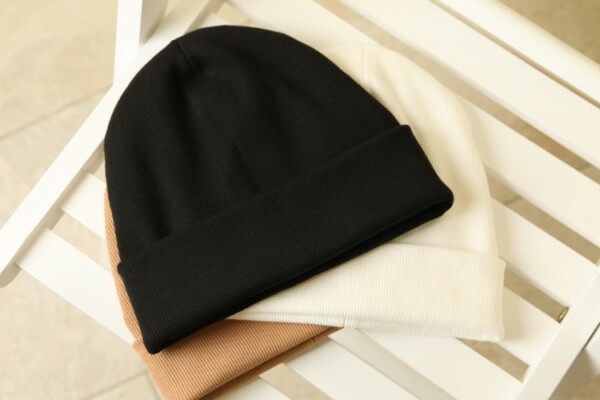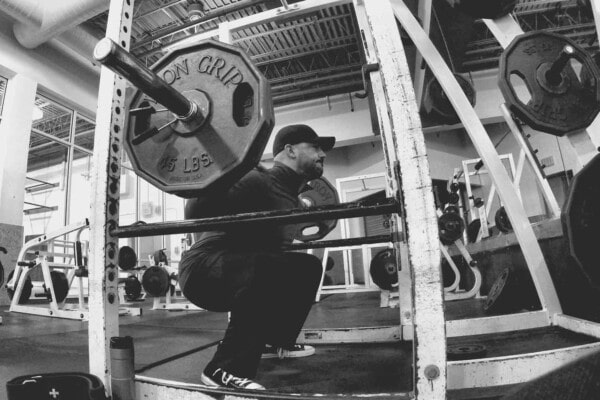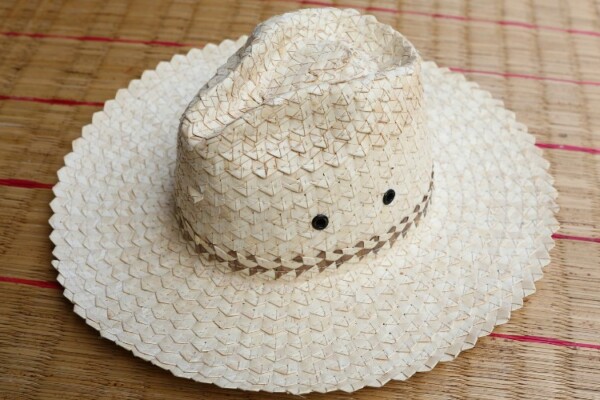Beanies are a great way to look trendy while keeping your head warm in the winter. And because they are so comfortable, people often want to wear them in the summer months too. So, what is the difference between winter and summer beanies?
The main difference between summer and winter beanies is the material used to make them. Summer beanies are made from lighter, thinner materials, such as cotton and linen, while winter beanies are commonly made from wool, fleece, or synthetic fiber.
This article will explain in more detail the difference between summer and winter beanies, the pros and cons of each, and how to choose the best option for you.
Summer Beanies: An Overview
Beanies are convenient accessories in the summer. In addition to being stylish in an understated way, they also keep your hair and scalp protected from the sun, preventing hair from becoming dry and brittle and eventually breaking.
Summer beanies are traditionally made from absorbent, lightweight, and breathable material that soaks up moisture so that your head doesn’t get too hot.
The best materials for summer beanies are cotton, linen, and crocheted yarn.

Pros of Summer Beanies
- Protective: Keeps your hair and scalp safe from UV rays.
- Lightweight material: Prevents your head from overheating.
- A low-key stylish accessory: Useful for when you want to liven up your outfit but still maintain a laidback look. Check out this popular summer beanie on Amazon, also suitable for sports.
Cons of Summer Beanies
- Fashion trend-dependant: Due to the fast-changing nature of summer fashion, the trendiness of summer beanies is more likely to fluctuate.
- Thin material: Although the soft, light fabric keeps your head cool, it also might be more subject to wear and tear.
Winter Beanies: An Overview
Designed to provide as much insulation against the cold as possible, winter beanies are made from wool, fleece, or acrylic material, and are much thicker than summer beanies.
Winter beanies are available in a wide variety of styles, including pom-pom beanies with a wooly ball on top; cuffed beanies, which are folded at the brim to provide double-layered protection; and fisherman beanies that sit above the ears.

Pros of Winter Beanies
- Durable: The material and thickness of winter beanies not only keep you warm but are also long-lasting.
- Wool is resistant to odors and bacteria. Wool does not retain odors and does not need to be washed but instead can be freshened by simply being aired out. Check out this very popular winter beanie on Amazon.
Read this article to find out more about water-resistant beanies.
Cons of Winter Beanies
- Wool can be itchy. Some people can get itchy skin and a rash from wearing wool due to the fibers in the yarn. Read about how to stop a wool hat itching here.
Which One Should You Choose?
Some people choose their beanies based on the season, wearing summer beanies for summer and winter beanies for winter. However, both summer and winter beanies have their advantages, and the choice between the two really comes down to your fashion sense and how versatile you like your beanies to be.
If you like to stay on-trend and don’t mind changing up your wardrobe now and again, then the summer beanie is for you. But if you prefer practicality in your style, then you might be better off going with the winter beanie.
Read more about types of beanies in this article.
Conclusion
Summer and winter beanies have several differences, not only in material but also in functionality. Winter beanies are mainly designed to keep you warm, while summer beanies have more to do with style.
So, for a convenient, fashionable accessory, grab a summer beanie or two to go with your outfits. And for a cozy winter, settle in with a warm and thick winter beanie.
Discover more intriguing facts about beanies in this article.











